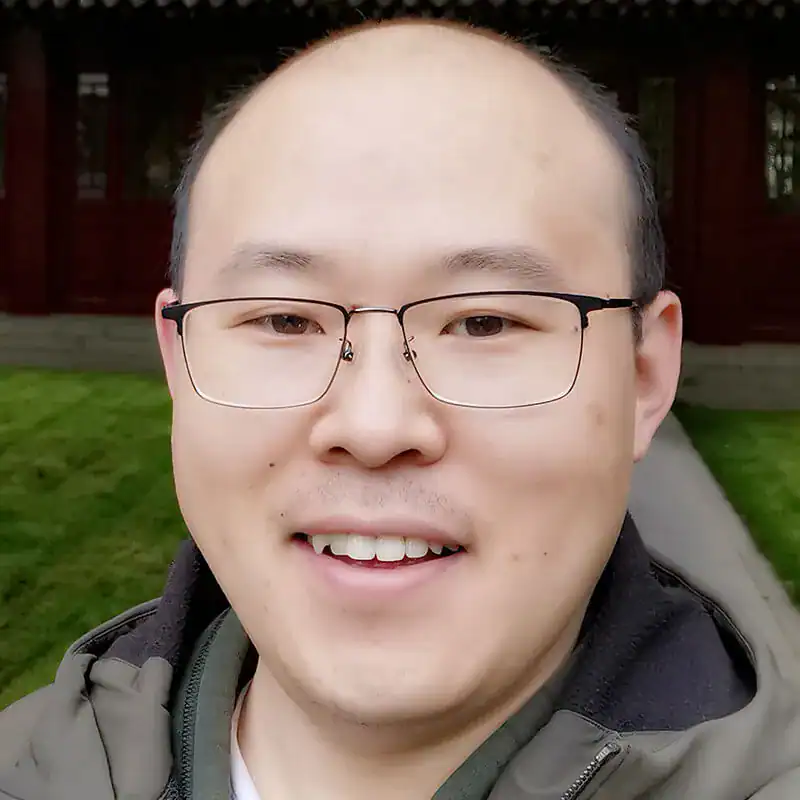The immune system’s ability to make more effective antibodies depends on a process called somatic hypermutation (SHM), in which B cells undergo a refining process to improve how well they recognize threats. This improvement happens through a special enzyme called AID, which introduces small genetic changes that help fine-tune antibody response. One big mystery is how AID targets only the right parts of the genome, since it has the potential to cause harmful mutations elsewhere.
Dr. Kai Xu hypothesizes that a special “mutation zone” forms around antibody gene regions in B cells, helping AID focus its activity and avoid damaging other parts of the DNA that could lead to cancer. Using new experimental platforms, he will test the structure and function of these zones. “I am excited about the potential of our planned studies to uncover fundamental mechanisms to help pave the way for development of novel approaches to treating or preventing GC B-cell lymphomas,” he says. Dr. Xu’s biomedical research journey began in 2009 at Northeastern Forestry University in China, where he was fascinated with the process of designing and performing experiments which inspired his future research trajectory. His training in stem cell and embryonic biology led him to Tsinghua University where his doctoral work focused on uncovering key roles for RNA-binding proteins and chromatin architecture in early embryo development. Now at Boston Children’s Hospital, Dr. Xu is developing new platforms to test how genomic architecture restricts AID activity to antibody genes, work that could provide insight into antibody diversification and lymphoma development.
Sponsor
Frederick Alt, PhD
Research Focus
Blood cancers, B cells, somatic hypermutation
Projects and Grants
Role of cohesin-mediated loop extrusion in somatic hypermutation
